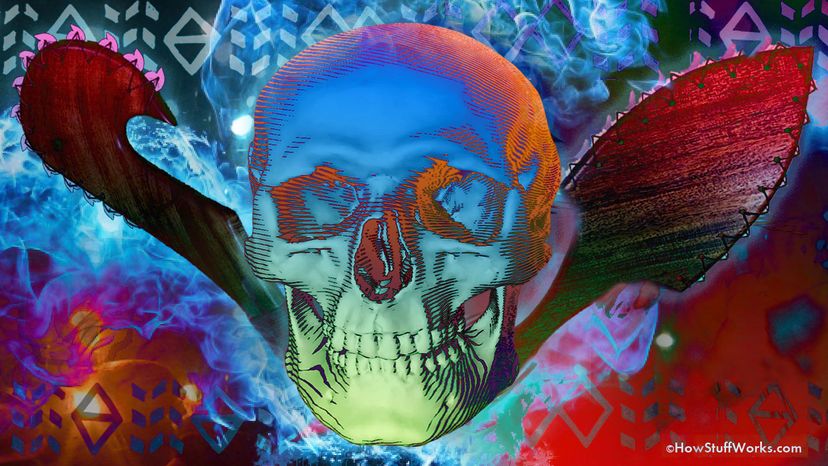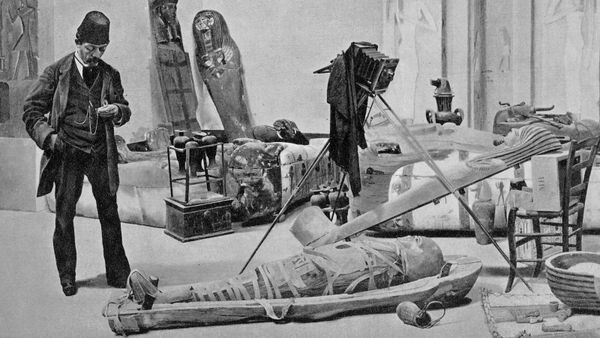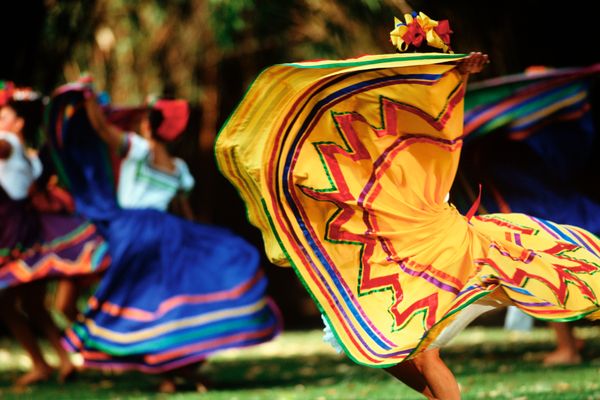
Key Takeaways
- Hawaii's night marchers, or "spirit ranks," are ghostly warriors who protect high-ranking chiefs and continue their eternal protective escort in the afterlife.
- They are known to appear during the last four Hawaiian moon phases, prefer sacred sites and are respected by locals who understand their significance.
- Some legends say that if you encounter the night marchers, run and show respect by stripping off your clothes, lying face down and playing dead to avoid their wrath.
In Hawaii, they call it "chicken skin," the prickly, hair-raising sensation that humans experience when they feel creeped out or fearful. And no matter how courageous you might think yourself, you can bet that in the presence of Hawaii's ephemeral night marchers ("spirit ranks"), your own personal chicken skin will undoubtedly be on full display.
Long before you see the night marchers, you'll hear them. First comes the ominous, deep thudding of war drums. Then, you hear guttural chanting and spine-tingling blasts from a conch shell. A stench of death might assault your nose. Finally, you may see a succession of torches winding their way toward you in the darkness.
Advertisement
Flee now, or risk the wrath of the supernatural night marchers (or Hukai'po), which have for generations earned the respect of those who follow Hawaiian folklore.
"The night marchers are known throughout the Hawaiian archipelago," says Lopaka Kapanui, a Hawaiian kahuna (priest) and cultural practitioner who's well-acquainted with the islands' spooky folklore and featured in the video below. "It's ingrained in our culture."
In most stories, they're ghostly warriors who stride through jungles and towns alike, adorned in the brilliant costumes of ages past. In their former lives, they protected high-ranking chiefs who were so sacred that no mortal man or woman was allowed to look at them.
"That particular leader, in life, was someone that was so sacred, that according to their status, no one could look at them and no one could be clothed in their presence," says Kapanui in an email interview. "Innocent bystanders who stumble upon the procession and don't know the kapu (rules) are under dire threat of death."
In life, kindly chiefs supposedly took to traveling at night in order to avoid being spotted by commoners (and leaving a subsequent bloodbath everywhere they went). That tradition, according to legend, is carried on into afterlife, as night marchers continue their eternal protective escort.
The marchers still beat their drums out of an extreme sense of duty. "So, as it was in life, so too is it in death," says Kapanui. "Sort of like working for the state all of your life – even after you're dead you don't get an afterlife, you just go right back to work."
Advertisement

